Former Stoke City captain John Eustace is one of the front-runners to become the club’s next manager.
This comes after the Championship side sacked Alex Neil yesterday following their 1-0 defeat to Sheffield Wednesday on Saturday.
Paul Gallagher has taken over as the interim manager for their next match against Swansea, with Alex Morris and former Stoke defender Ryan Shawcross alongside him.
Several managers are being linked with the job now including former Birmingham City manager Eustace.
The 44-year-old was sacked by Birmingham last October while they were 5th in the table and was replaced by Wayne Rooney under whome they have only gotten worse.
The report from Stoke on Trent Live claims that Eustace is likely to be one of the leading names for the jobs with the bookies and someone who the Stoke City hierarchy will be keeping an eye on.
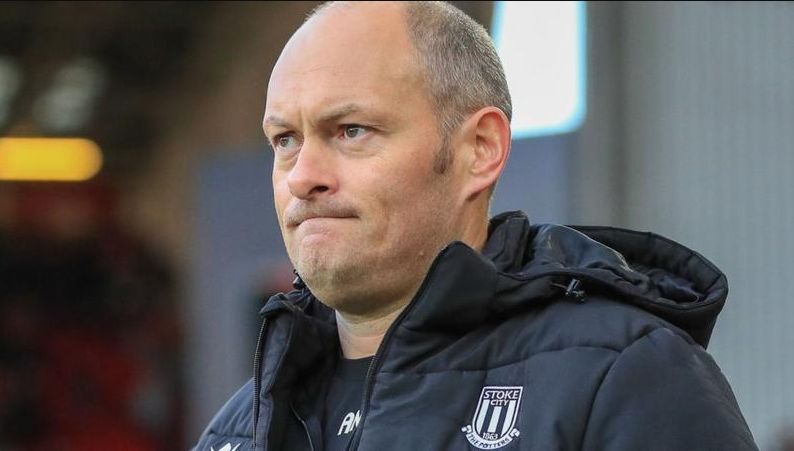
Stoke City spent 10 seasons in the Premier League from 2008 to 2018 and were considered one of the toughest grounds to come to during Pulis’ reigns whose style of play was infuriating for the opponents.
Since their relegation, they have not been able to win the promotion back to the Premier League. The Stoke owners will hope that the next manager who takes the job can successfully take them out of their current mess and eventually guide them back to the top tier.
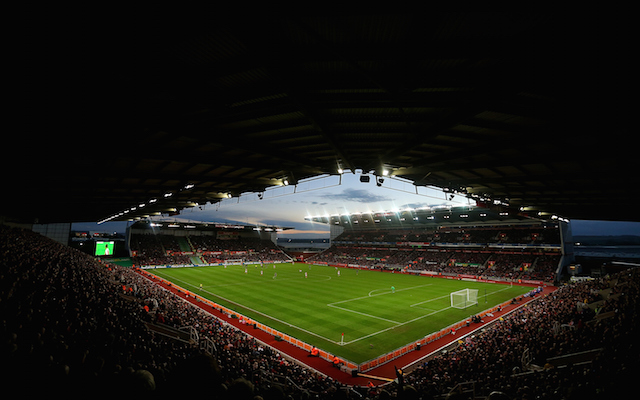
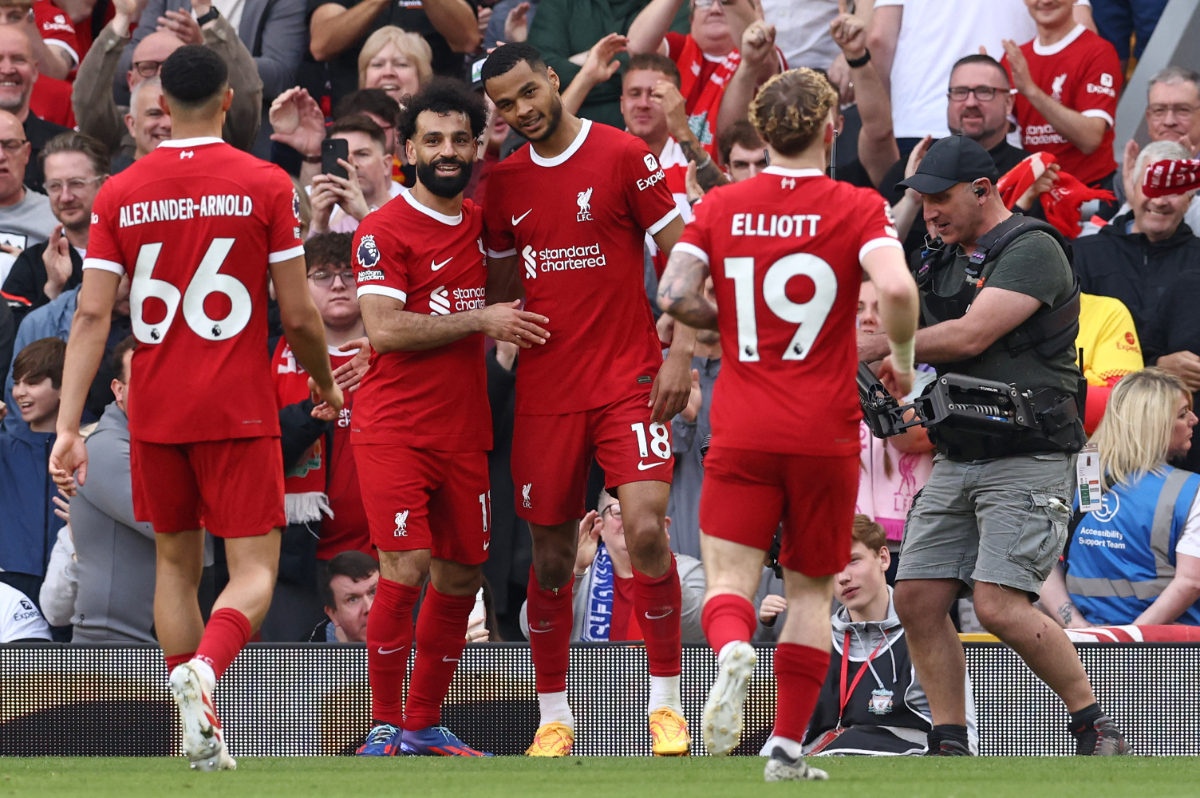
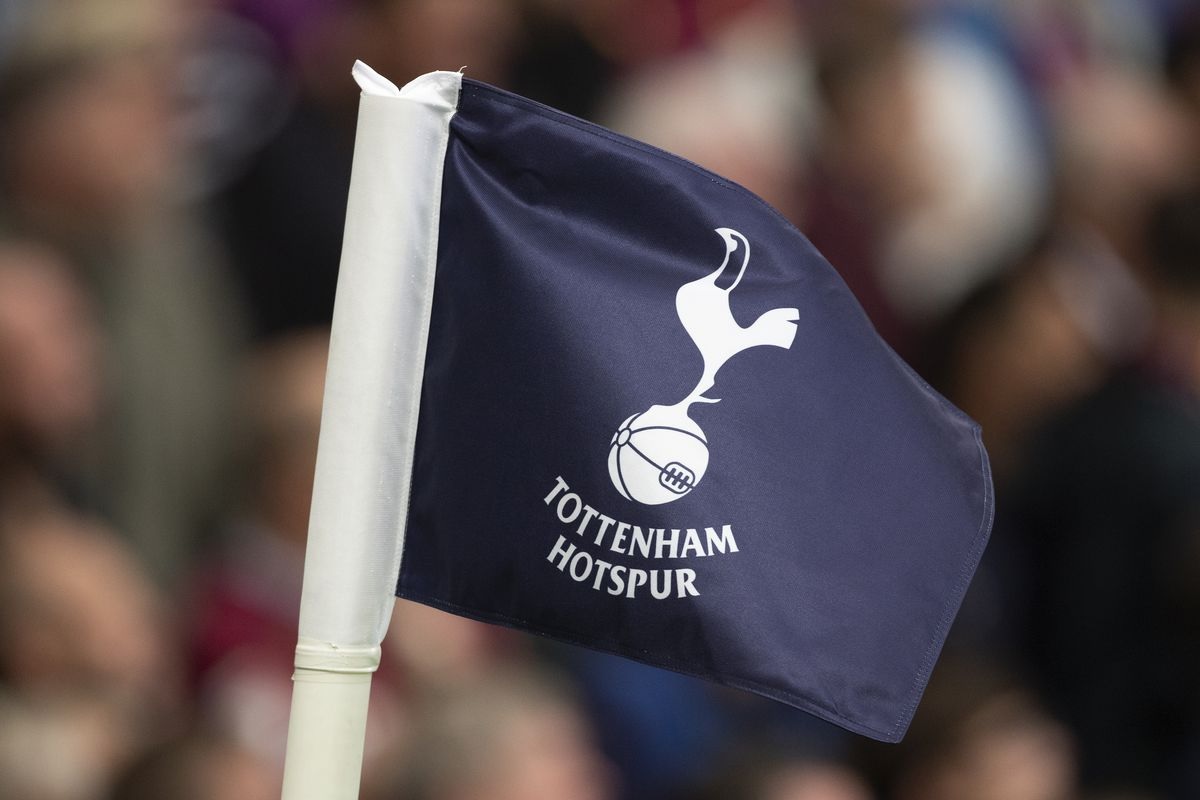
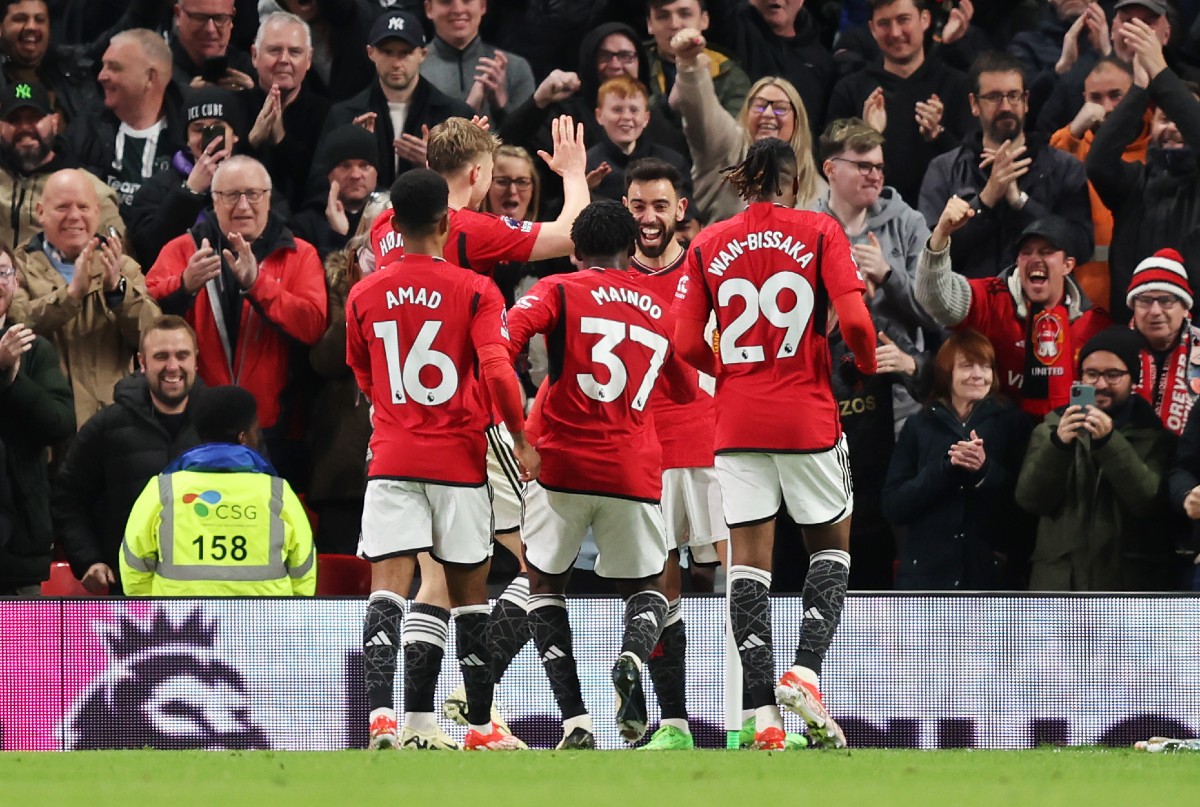
It seems like the short list is full of looser and old men for the Stoke managers job we appear to have money at the club why not get some one decent in to manage us instead of this merry-go-round of no hopers .